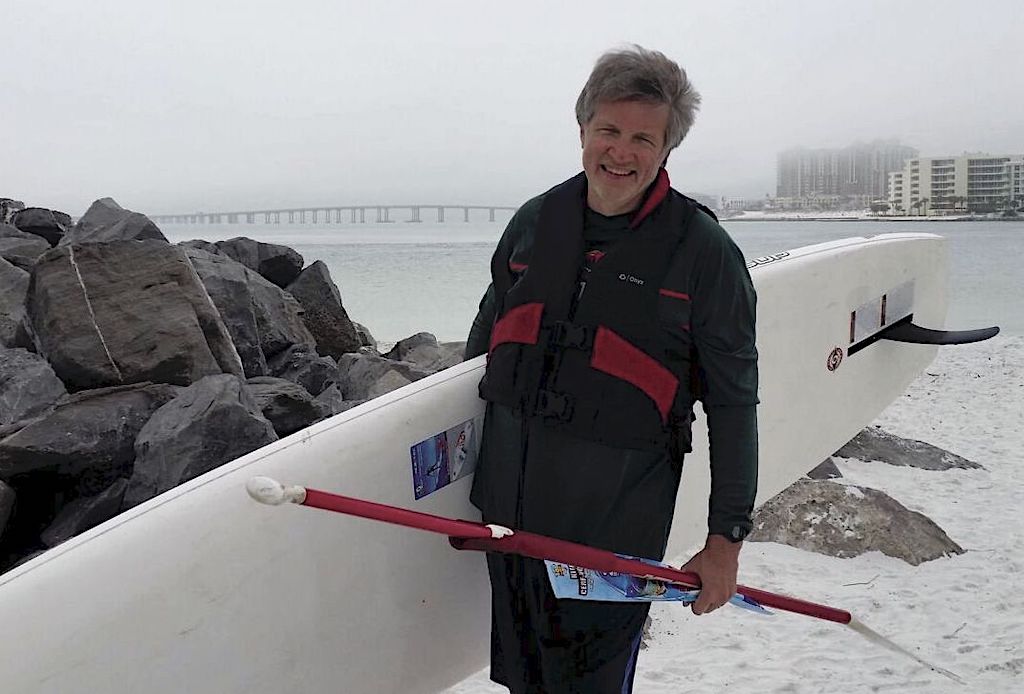"In both cases, the paddlers underestimated the risk of short, seemingly routine outings. They didn’t leave a float plan despite challenging conditions, and none of the three brought their cell phones with them for fear of getting them wet . . . "
"Barnard recommends a layered communications strategy incorporating both a cell phone and a handheld VHF radio. Every paddler should also carry a ditch bag with a few essential items for safety, survival and signalling. Barnard carries a personal locator beacon (PLB) capable of sending a distress signal and tracking his location to rescuers anywhere in the world."

 paddlingmag.com
paddlingmag.com
"Barnard recommends a layered communications strategy incorporating both a cell phone and a handheld VHF radio. Every paddler should also carry a ditch bag with a few essential items for safety, survival and signalling. Barnard carries a personal locator beacon (PLB) capable of sending a distress signal and tracking his location to rescuers anywhere in the world."

Swept Away - Paddling Magazine
A kayaker’s disappearance provides hard lessons and hope for a better future.
